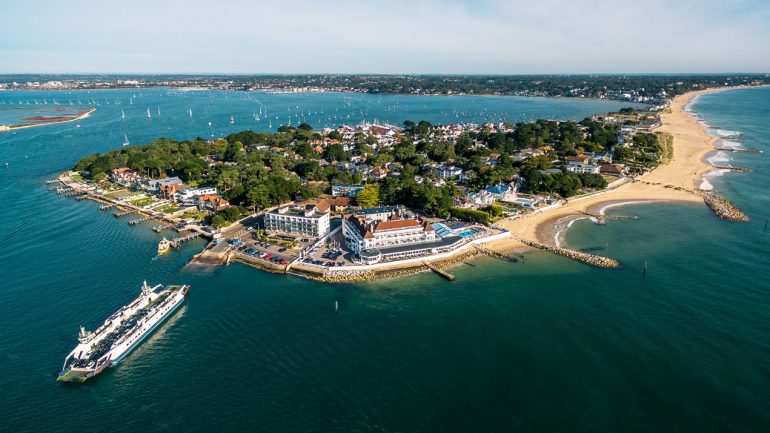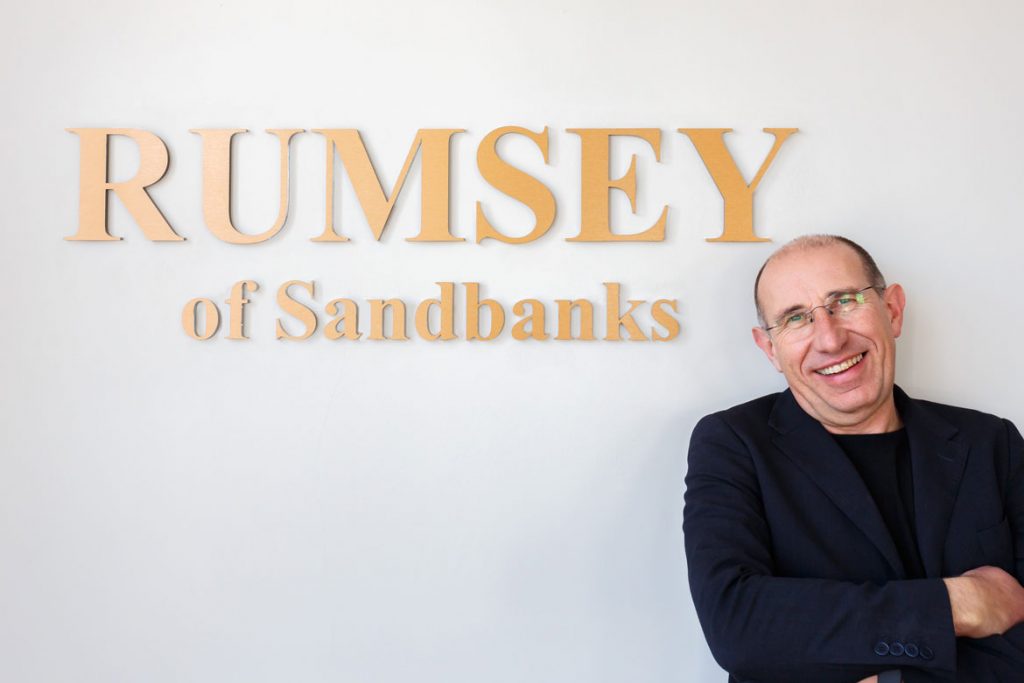The statisticians mantra is true however correlation is a critical part of marketing strategy.
Almost all research involves looking for correlations between sets of data and then the vital second part of proving causation. Smoking is correlated with lung cancer but it took years of research amid opposition from the industry to prove that it causes cancer. Statistics might show that car crime is more likely to be committed by someone wearing a hoodie yet nobody thinks that an item of clothing causes a criminal mindset.
In the world of marketing, however, correlation has been used from the beginning of the industry – if you buy Cuban cigars it’s more likely you’ll be interested in fine wines or single malt whisky, fitness enthusiasts will be responsive to ads for healthy snack bars. The list is endless and is effectively the business model for every specialist magazine or website.
In the July issue I wrote about asymmetrical risk – if you missed it the basic premise is that it’s a good thing to try lots of things that are likely to fail as long as the loss is small as it allows you to identify things that work then focus marketing resources on them.
Google’s paid advertising system allows them to print money because it is the ultimate testing machine – you can try adverts targeted by an almost infinite number of variables; search terms, ad wording, location, age, gender, time of day etc etc. This is coupled by the ability to track the behaviour of the user once they arrive on your website right through to an order. It’s then simple maths – if you pay £1 per click for the advert and 2% of people buy an item then the cost is £50 per sale, if you’re making £250 profit on that sale then increase your spend and expand the parameters of the search. Eventually the price of a sale will rise to a level that is too much to give away – for a company selling a service that requires a lot of expense to deliver this might be 10% of the margin, if you’re signing up people to download software that costs nothing to deliver it could be 90% of the price, venture backed companies may even be prepared to lose money in order to grow the business.
In our business however things are a little more challenging. First of all we don’t just send you an item or a link to download the product, once you’ve agreed to come the work is just beginning, so there’s a high cost of sale, another difficulty is that we have a finite amount of supply – an August week will always sell so you know that a proportion of your budget is spent on bookings you would have got anyway. The biggest problem though is that a click through from a search ad will almost never lead to an immediate booking, before going ahead guests may visit a number of times, forward to the rest of their party so the payment may come weeks later from a different person – impossible to track.
This is where correlation and marketing merge in a different way. What we do is track a number of behaviours on the site – number of pages viewed, time spent on page, enquiry submitted and on mobile phone number selected. These actions are not a booking but they give us a measure of engagement and an indication of market conditions at the time. The other set of data to look at is actual bookings taken compared to the total number of visitors which is a real world measurement and this is where the magic of correlation comes in. Over months, years and thousands of transactions we have refined the site measurements so they are reliably in line with the transaction data giving us an accurate way to judge the value of a search click and whether to dial up or turn down the spending.
Now I’m very happy to share information that might help other businesses and bask in the glory of how clever and refined it makes us look but the truth is that much of this strategy has been devised by the rent a genius service that is our marketing partners Intergage. After 16 years of growing my businesses it’s more like a marriage than a business relationship – hopefully you agree with me that’s a
good thing!
Simon Tolson owns Rumsey of Sandbanks, a holiday letting agency.
Contact Simon on 01202 707357.or simon@rumseyofsandbanks.co.uk



Leave a Reply